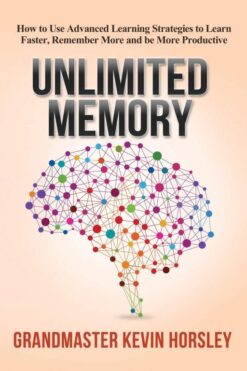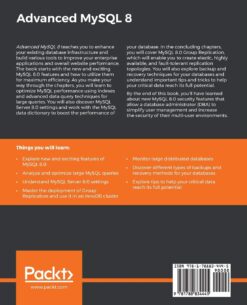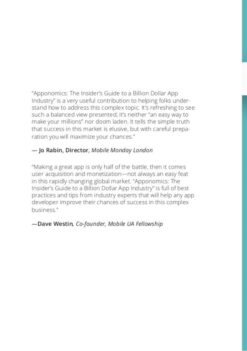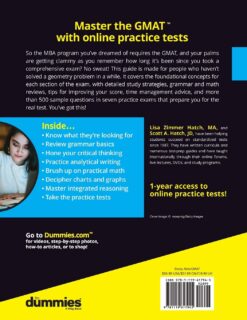Pandemic-Century-Hundred-Hysteria-Hubris-ebook
£13.90 Original price was: £13.90.£1.45Current price is: £1.45.
File Size: 1315 KB
Print Length: 464 pages
Publisher: Hurst (March 9, 2019)
Publication Date: March 9, 2019
Sold by: Books-For-Everyone Media
Language: English
ISBN-10: 0393254755
ISBN-13: 978-0393254754
ISBN-10: 0393541312
ISBN-13: 978-0393541311
Language: English
Text-to-Speech: Enabled
X-Ray: Enabled
Word Wise: Enabled
Enhanced Typesetting: Enabled
Customer Reviews: ⭐⭐⭐⭐⭐ 17 customer reviews
The Pandemic Century: One Hundred Years of Panic, Hysteria and Hubris Kindle Edition
|
⭐⭐⭐⭐⭐ 17 ratings
|
Pandemic Century. A Financial Times Best Book of the Year.
A medical historian narrates the last century of scientific struggle against an enduring enemy: deadly contagious disease.
Ever since the 1918 Spanish influenza pandemic, scientists have dreamed of preventing catastrophic outbreaks of infectious disease. Yet despite a century of medical progress, viral and bacterial disasters continue to take us by surprise, inciting panic and dominating news cycles. From the Spanish flu to the 1924 outbreak of pneumonic plague in Los Angeles to the 1930 “parrot fever” pandemic, through the more recent SARS, Ebola, and Zika epidemics, the last one hundred years have been marked by a succession of unanticipated pandemic alarms.
In The Pandemic Century, a lively account of scares both infamous and less known, Mark Honigsbaum combines reportage with the history of science and medical sociology to artfully reconstruct epidemiological mysteries and the ecology of infectious diseases. We meet dedicated disease detectives, obstructive or incompetent public health officials, and brilliant scientists often blinded by their own knowledge of bacteria and viruses. We also see how fear of disease often exacerbates racial, religious, and ethnic tensions―even though, as the epidemiologists Malik Peiris and Yi Guan write, “‘nature’ remains the greatest bioterrorist threat of all.”
Like man-eating sharks, predatory pathogens are always present in nature, waiting to strike; when one is seemingly vanquished, others appear in its place. These pandemics remind us of the limits of scientific knowledge, as well as the role that human behaviour and technologies play in the emergence and spread of microbial diseases.
8 pages of black and white photographs
Like sharks, epidemic diseases always lurk just beneath the surface. This fast-paced history of their effect on mankind prompts questions about the limits of scientific knowledge, the dangers of medical hubris, and how we should prepare as epidemics become ever more frequent. Ever since the 1918 Spanish influenza pandemic, scientists have dreamed of preventing catastrophic outbreaks of infectious disease. Yet, despite a century of medical progress, viral and bacterial disasters continue to take us by surprise, inciting panic and dominating news cycles. From the Spanish flu and the 1924 outbreak of pneumonic plague in Los Angeles to the 1930 ‘parrot fever’ pandemic and the more recent SARS, Ebola, and Zika epidemics, the last 100 years have been marked by a succession of unanticipated pandemic alarms. Like man-eating sharks, predatory pathogens are always present in nature, waiting to strike; when one is seemingly vanquished, others appear in its place. These pandemics remind us of the limits of scientific knowledge, as well as the role that human behaviour and technologies play in the emergence and spread of microbial diseases.
Editorial Reviews
Review
– Carl Zimmer, New York Times Book Review“An engaging and thoughtful journey through some of the world’s greatest medical and social crises in recent decades. Honigsbaum is a worthy historian and guide to these dramatic reminders of human fallibility.”
– David L. Heymann, professor of infectious disease epidemiology, London School of Hygiene and Tropical Medicine“Gripping.”
– Barbara Kiser, Nature“[A] riveting, vivid history of modern disease outbreaks.… A fascinating account of a deeply important topic―for if the past 100 years have taught us anything, it is that new diseases and viral strains will inevitably beset us, no matter how sophisticated science becomes.”
– Robin McKie, Observer“A lively but less than reassuring read for those on exotic travels.”
– Anjana Ahuja, Financial Times“Infectious diseases remain among the most urgent health threats we face, but too often are considered something that happens to other people, far away. In our interconnected world, this is no longer true, as Mark Honigsbaum shows. His unique account drives home the human impact of epidemics, and the need for increased preparedness.”
– Jeremy Farrar, director of the Wellcome Trust
About the Author
Be the first to review “Pandemic-Century-Hundred-Hysteria-Hubris-ebook” Cancel reply
You must be logged in to post a review.
Related products
Computing & Information Technology
Data Analysis with Microsoft® Excel®: Updated for Office 2007 [Digital Edition]
Non Fiction
Computing & Information Technology
Non Fiction
Computing & Information Technology























Reviews
There are no reviews yet.